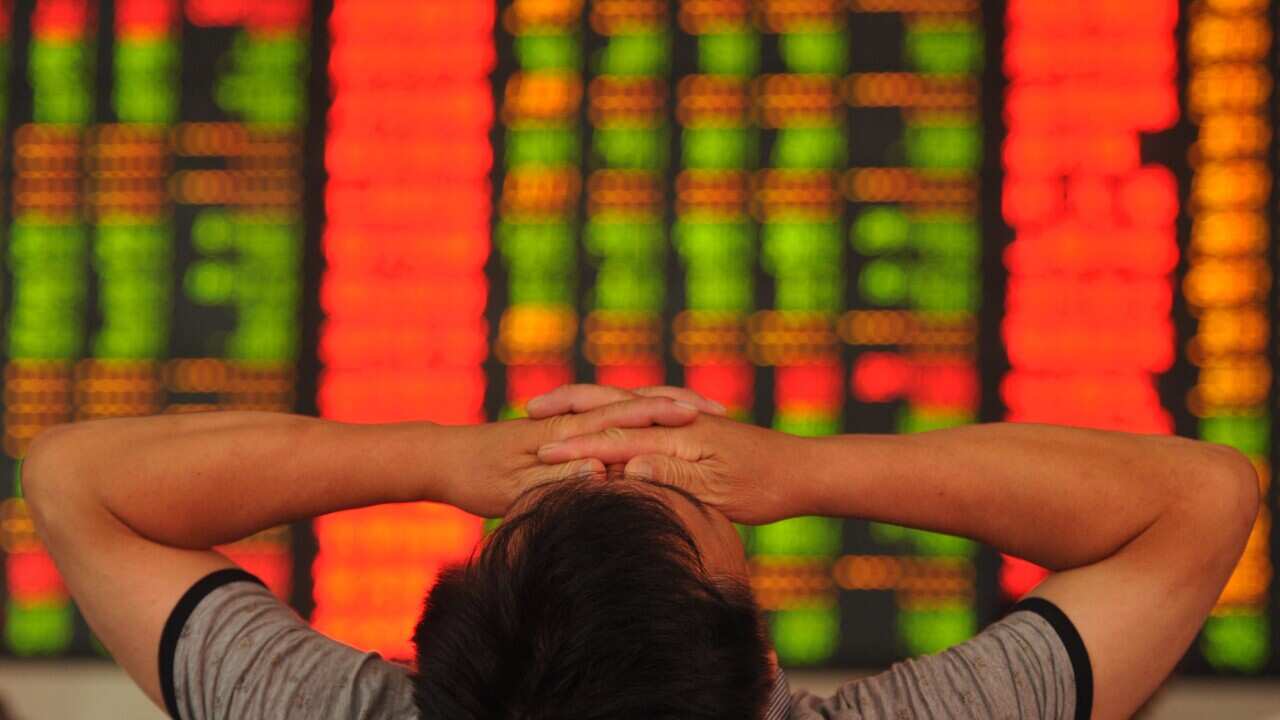Stock prices in China have plummeted in the last month, raising concern about the outlook for the world's second-largest economy and the spillover effect on global markets.
As the world focused on Greece's debt woes in recent weeks, the rout in the Chinese stock market caught some by surprise. In hindsight, though, a reversal was not unexpected given the astonishing run-up in Chinese share prices.
Here's a guide to understanding the sell-off and its possible impact:
Just how bad is China's market turmoil?
It's severe. The market's benchmark indicator, the Shanghai Composite Index, tumbled nearly 6% Wednesday and now has plunged 32% since hitting a record high June 12. That means nearly one-third of the market's total value has been wiped out. Market volatility isn't new in China, but this decline has been pronounced.
What led up to the collapse?
China's stock market displayed many of the signs that it had reached a speculative “bubble.” A year ago, the Shanghai index stood at 2,038.61. It then more than doubled over the next 12 months, reaching 5,166.35 on June 12.
Stocks kept rising despite a number of red flags, including a slowdown in China's economy and the fact that share prices had become exceptionally rich compared with many of their companies' underlying earnings.
One reason: A growing number of working-class Chinese families bought stocks to cash in on the rally and often did so by buying on margin, a term for borrowing money and using the stocks as collateral.
Has the drop affected other markets?
It has rattled some stock exchanges elsewhere, mostly in Hong Kong and other Asian markets, but seems to have had a limited effect on U.S. stock markets so far. Wall Street’s benchmark Standard & Poor's 500 index is down about 2% in the last month.
China's sell-off has been felt in commodities and other markets. Crude oil prices have tumbled $10 a barrel in the last month, to about $51.50, partly amid growing concern that China's stock-market woes will further dampen Chinese demand for oil.
Analysts also fret that China's economic engine could sputter further, causing problems generally for economies around the globe and specifically for U.S. exports to China. Foreign investors also might shy away from Chinese stocks for an extended period.
What is China's government doing about it?
The government has taken several extraordinary steps to stem the collapse, including cutting interest rates, using government pension funds to buy stocks, halting initial public offerings and relaxing terms for margin borrowing.
Those measures, however, haven't stopped the heavy selling. And as analysts at Bank of America Merrill Lynch Global Research said in note to clients this week, “whether or when these policies can stabilize market sentiment is highly uncertain in our view.”
© The Los Angeles Times 2015

